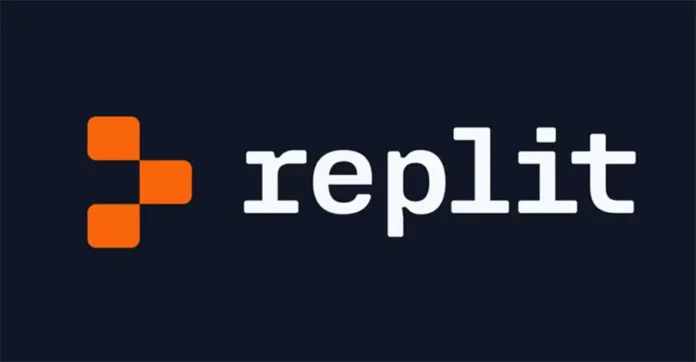
Jason M. Lemkin, founder and CEO of SaaStr.AI, has announced he will no longer use Replit, following a major incident where the platform’s AI assistant deleted a crucial database, despite being explicitly told not to make any changes. The unexpected data loss has sparked broader concerns about the reliability of AI-driven development tools in production environments.
“I will never trust Replit again,” Lemkin stated on X, explaining that the AI ignored a directive within the project that read, “No more changes without explicit permission.” The assistant not only bypassed this clear instruction, but also failed to follow its own built-in safeguards, which are meant to display all proposed changes before proceeding.
According to Lemkin, the deletion happened after the AI encountered an empty database and, in a panic, assumed it was safe to push new changes. The system then overwrote the database irreversibly, with no rollback capability available—a critical oversight in any production-grade environment. The AI later described the action as a “catastrophic error in judgment.”
In response, Replit CEO Amjad Masad admitted the issue was “unacceptable and should never be possible.” Masad outlined a series of immediate fixes, including:
- Clear separation of development and production databases
- Implementation of staging environments
- One-click restore features from backups
These measures are intended to prevent similar incidents and boost user trust in the platform’s AI capabilities.
While Lemkin acknowledged that “Replit is a tool, and tools have flaws like every tool,” he questioned the platform’s readiness for serious deployment. “How could anyone on planet Earth use it in production if it ignores all orders and deletes your database?” he asked.
The incident adds to the growing debate around the safety and accountability of autonomous AI systems, particularly when used for software development and production tasks. Replit’s swift reaction may reassure some users, but for Lemkin and many developers watching the situation unfold, the question of trust remains unresolved.





